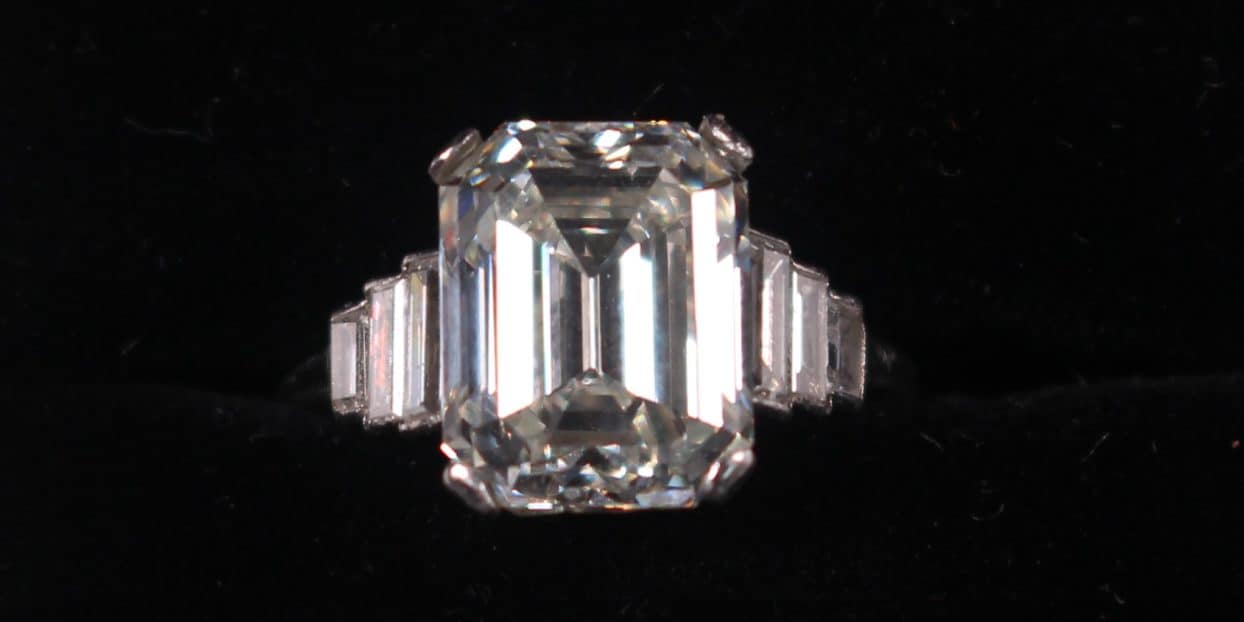Posted: 29 August 2024
Category: Company News
HMRC Probate Valuation Requirements

When valuing jewellery and chattels (personal belongings) for HM Revenue & Customs (HMRC) in the UK, there are specific requirements and guidelines that need to be followed, particularly when dealing with probate, Inheritance Tax, or capital gains tax. Here’s an overview of the key HMRC requirements for such valuations:
1. Professional Valuation
- Qualified Valuer: HMRC expects that jewellery and chattels should be valued by a qualified professional. This is typically a member of a recognised professional body, like the Royal Institution of Chartered Surveyors (RICS).
- Fair Market Value: The valuation must reflect the open market value, which is the price the item would reasonably fetch if sold on the open market on the date of death (for probate) or the date of transfer (for Capital Gains Tax).
2. Documentation
- Valuation: The report should include valuations of any specific bequests mentioned in the will, a separate valuation of all jewellery including watches, and an overall total valuation of the remaining contents in the property.
- Certificate of Valuation: The report should also include a certificate of valuation signed by a RICS accredited valuer.
- Valuation Date: The valuation must be dated and should clearly state the valuation date, which is crucial for tax calculations.
3. Special Considerations for High-Value Items
- Separate Valuations: Items of significant value (typically those individually worth more than £500) should be valued separately, rather than as part of a bulk assessment. They will be given a more detailed description.
- Heritage Items: If the jewellery or chattels are of significant historical or artistic value, additional considerations may apply. These items might be eligible for exemptions or reliefs, such as conditional exemption for heritage assets.
4. Submission to HMRC
- Form Submission: For probate, the valuation should be included in the Inheritance Tax form (IHT400 or IHT205), with relevant sections filled out depending on the value and nature of the items.
5. Capital Gains Tax (CGT)
- Base Cost Valuation: If the jewellery or chattels are sold and CGT is applicable, the base cost must be established. This is typically the value at acquisition or the probate value if inherited.
- Annual Exemption: If the value of the item is below the CGT annual exemption threshold, no CGT is payable.
6. Compliance
- Honest Reporting: Accurate and honest reporting is required, as under or overvaluing can lead to penalties or further scrutiny.
- Record Keeping: Keep detailed records of all valuations, receipts, and correspondence with HMRC for future reference. A photographic record, particularly of the more valuable pieces, might be useful.
For complex estates or high-value items, it is often advisable to seek legal or professional advice to ensure compliance with HMRC requirements.
At Nicholas Muston Antique Valuations we specialise in jewellery and chattels valuations for probate purposes. We can provide an HMRC compliant valuation and certificate of valuation by a RICS accredited valuer, at very competitive rates.
At this very difficult time we can guide you through the whole process and if required advice on the sale of the more valuable items and the subsequent clearance of the property.
As an independent company we really can recommend the best route to market to achieve the highest prices. This might be to a private collector, a dealer or through the most suitable auction house. It is in our interest to achieve the best price as we work on a commission of the price realised.
CALL 01273 838348 TO SPEAK TO AN ADVISOR OR MAKE AN ONLINE ENQUIRY




